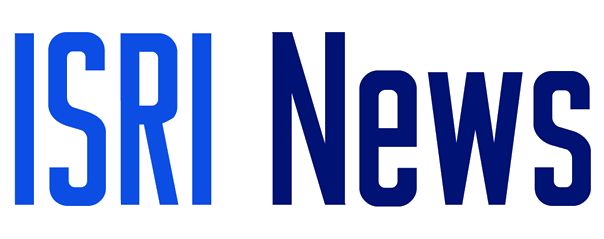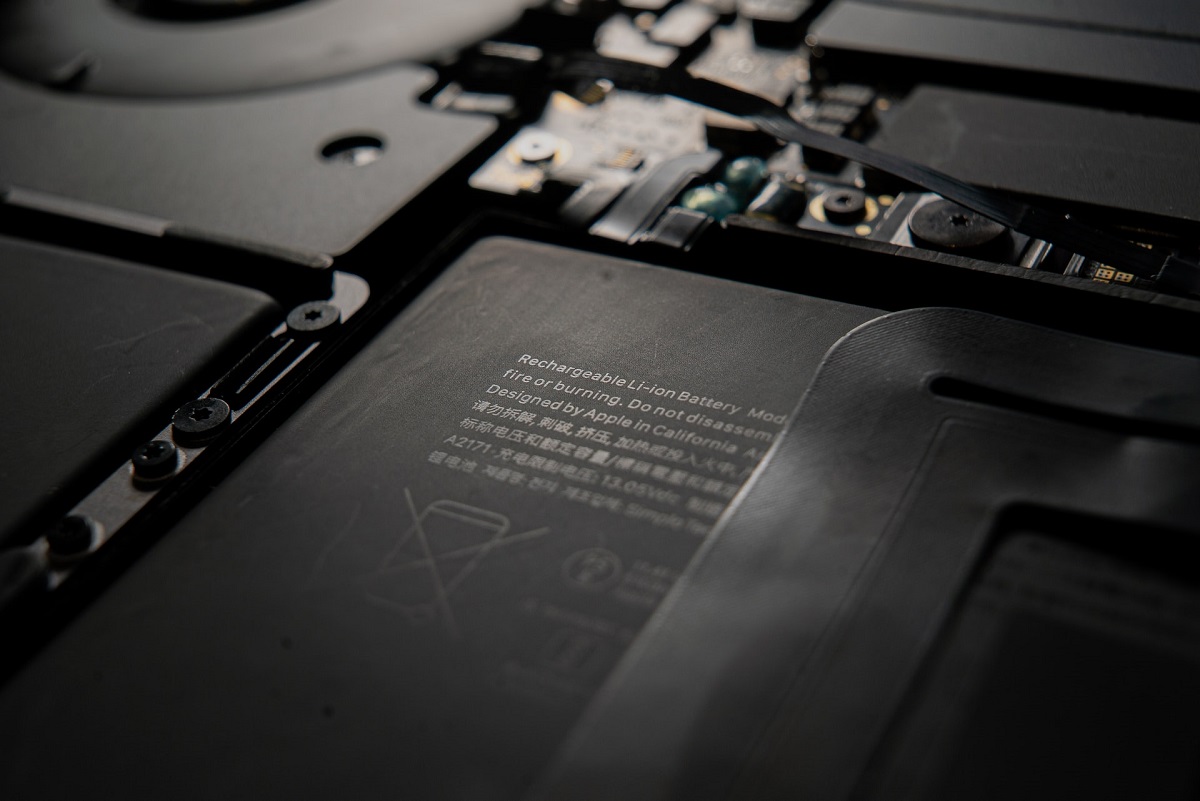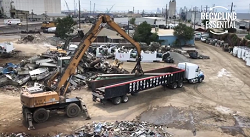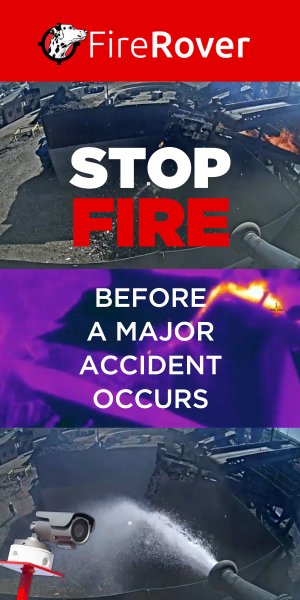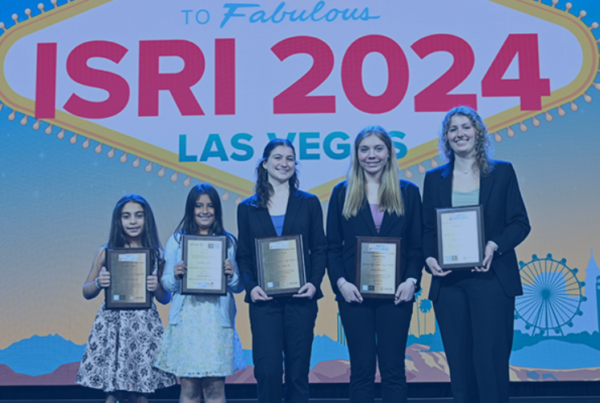Team Portables, a Seattle-based group partnering to address the need for increased lithium-ion battery recycling, received $357,000 from the Department of Energy (DoE) to continue its recycling incentivization program. The consortium—comprised of digital transparency company Everledger, smartphone producer Fairphone, technology company HP, and battery recycling organization Call2Recycle—will use the funding to further develop a prototype app it created called Reward to Recycle. Team Portables also received $100,000 in noncash vouchers to partner with the Department of Energy’s National Laboratories and qualified members of the American-Made Network.
Through the app, consumers will receive a “battery passport,” which can be tracked to portable lithium-ion batteries and used to reward consumers for recycling them. Consumers can also use the app to learn more about sustainability, find the nearest recycling centers, track their batteries from collection to recycling, and view their sustainability footprints.
Lauren Roman, Everledger’s business development director for metals and minerals ecosystems, says Team Portables will use the DoE funding to put a QR code on a product or battery and trace it into the recycling collection system, as well as to prove out the app’s efficacy with consumers. According to Roman, the group is now making the QR code eye-catching. “It’s a QR code but it’s got a recycling symbol maybe with a dollar sign in it,” she says. When consumers scan the code, they are taken to the app, with an explanation of how the recycling and reward system work.
Roman says Team Portables is working with electronics manufacturers to shift some of their funding for marketing to the “back end” of the product, so they can promote recycling, promote their own products, and find a solution to lithium-ion battery waste beyond passing more stringent executive producer responsibility regulations. She uses HP, one of the Team Portables partners, as an example: The company now partners with Best Buy to offer a $50 discount on HP products to consumers who recycle their electronics through the store. “It’s worked really well for them,” she says.
Team Portables will use the noncash voucher to partner with Argonne National Laboratory, located outside Chicago. Argonne developed EverBatt, an Excel-based tool that evaluates the costs and environmental impacts a lithium-ion battery’s various life-cycle stages. “We’re going to try to integrate that digitally, so that consumers can see the greenhouse gas savings from their recycling efforts,” Roman says. “Even more importantly, manufacturers can see that, so they can understand the value of participating in the program.”
The team will also work with Larta Institute, a Los Angeles-based market research and consumer behavior testing organization and American-Made Network partner.
Team Portables is one of seven teams to receive the $357,000 prize and $100,000 voucher from the DoE for Phase II of their progress in the Lithium-Ion Battery Recycling Prize. Announced January 2019 and separated into three phases, the contest is now on Phase III (the “pilot validation” phase), during which the seven Phase II winners will build their battery recycling business model, demonstrate their process, and host visits from the DoE and industry and stakeholder groups. Up to four final winners will be selected at the end of Phase III to split up to $2,000,000—for a minimum of $500,000 to a maximum of $1,000,000 per winner.
Image credit: @mbaumi, unsplash.com
Additional Resources
